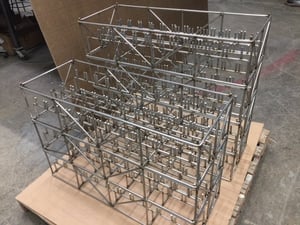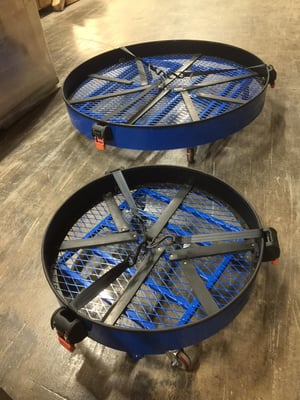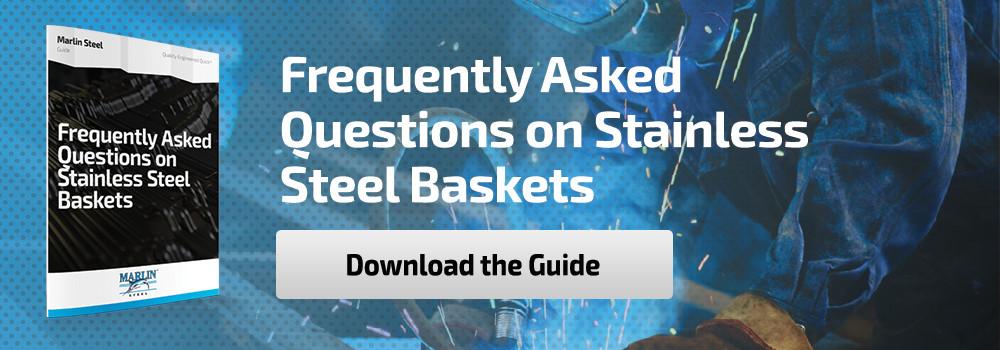 When it comes to safety, there is very little margin for error in the aerospace industry—especially for engine turbines. A single, minuscule fault in a turbine blade—such as a bit of stuck-on debris or a slight warp in the blade—can spell disaster for an aircraft that is thousands of feet in the air.
When it comes to safety, there is very little margin for error in the aerospace industry—especially for engine turbines. A single, minuscule fault in a turbine blade—such as a bit of stuck-on debris or a slight warp in the blade—can spell disaster for an aircraft that is thousands of feet in the air.
While a sufficiently skilled pilot can bring down a plane with a stalled engine with a minimum of risk, turbine engine failures can be costly and expensive. First, there’s the compensation to any passengers on the plane (if a commercial flight)—plus expenses for an unscheduled landing (such as towing to plane to the nearest airfield or damages caused in an emergency landing). Then, there’s the cost and delay of investigations into the cause of the failure, and the potential impacts on customer retention that a media debacle can create—especially if the cause of the failure is improper/insufficient maintenance.
With so much riding on the optimal performance of jet engine turbines, it’s little wonder that parts tolerance requirements for any equipment used to process such turbines are so strict. For example, if the placement of a weld for a turbine blade washing basket is off by just a fraction of an inch or two, it can warp any turbine blades washed in the basket.
So, how does Marlin Steel ensure that its customers have a complete jet turbine parts handling and washing solution? Here’s how:
Moving Turbines with Stainless Steel Circular Floats
The first part of the solution is having a means of freely moving jet engine turbines around your tarmac or hangar once they’ve been removed from the aircraft being maintained. This is where Marlin’s stainless steel circular floats are useful.
The stainless steel circular float made by Marlin Steel features heavy-duty casters to handle large aircraft engines, straps to keep them secure, coatings to prevent scratching, and clips to allow multiple floats to be joined to carry multiple turbines at once with ease. These features help to protect your turbines from accidental damage after you’ve removed them for further disassembly.
Making Sure Turbine Parts Are Protected Through Parts Washing

Ensuring that all of a turbine’s parts are protected during your parts washing process requires a precisely-engineered and manufactured custom parts washing basket. In one recent custom basket request, a major aerospace manufacturer requested a set of turbine fan blade baskets to hold their fan blades through a parts washing process.
The baskets required precise engineering, because the slightest deviation could cause the turbine blades to warp. Also, they had to be able to withstand the chemicals and stresses involved in the client’s cleaning process without becoming rusted or losing shape, since that could affect the basket’s ability to safely hold the turbines.
To ensure that each basket could meet precise parts tolerances, Marlin’s manufacturing team used advanced manufacturing automation to make sure that every bend and weld in each wire of the basket was precisely placed with micrometer-precise accuracy from one basket to the next.
However, the bigger challenge was making sure the turbine blade basket design could stand up to years of use without getting damaged. This required a carefully-optimized design—one that employed the right materials and shape to make sure that not only could the basket hold all of the turbine blades the client would need to process at once, but that the chemicals involved in the process would not cause the basket to rust after only a few uses.
For example, grade 304 stainless steel is famous for its protective oxide coating that prevents rust from forming on its surface. However, grade 316 has even better pitting resistance when exposed to chlorides. The choice between these materials would need to be decided based on the specific chemicals used in the washing process. Since the chemicals in this washing process were mild, grade 304 SS was chosen.
Just to make sure that the baskets would be able to take the stresses involved in the client’s cleaning process, Marlin’s engineering team ran the basket designs through a battery of virtual physics simulation tests known as finite element analysis (FEA). The FEA software breaks the design into tens of thousands of separate (or finite) elements and measures the effects of different stresses on each one. In mere moments, the software can simulate years of exposure to the client’s wash process.
If the simulation indicates any significant corrosion or loss of shape, the design fails and the reason for the failure is reported to the engineering team. The design is then reworked and re-tested until it can pass the test without any errors. This helped to ensure a perfect design for meeting the client’s needs.
Do you need a custom aerospace basket for washing turbine blades or other ultra-delicate aircraft parts? Contact the experts at Marlin Steel to learn more about how we can engineer the perfect custom wire basket for your needs.



.gif)


